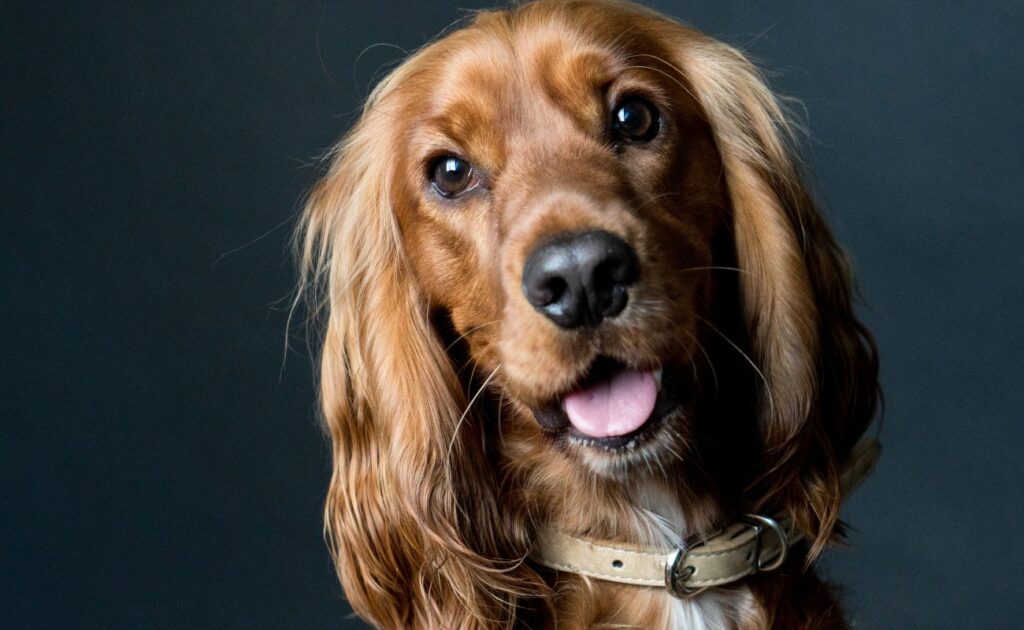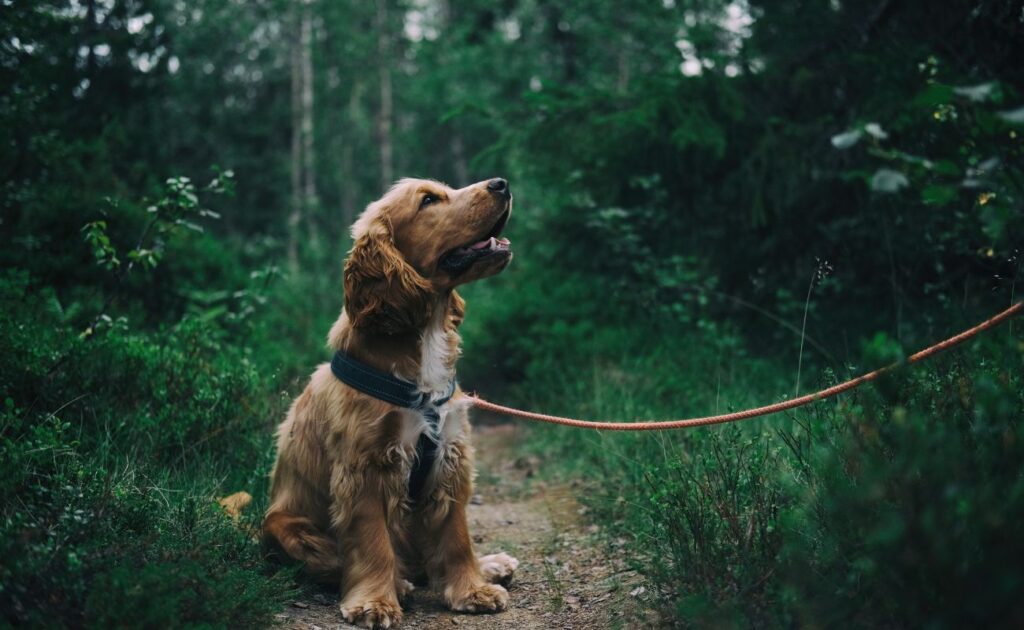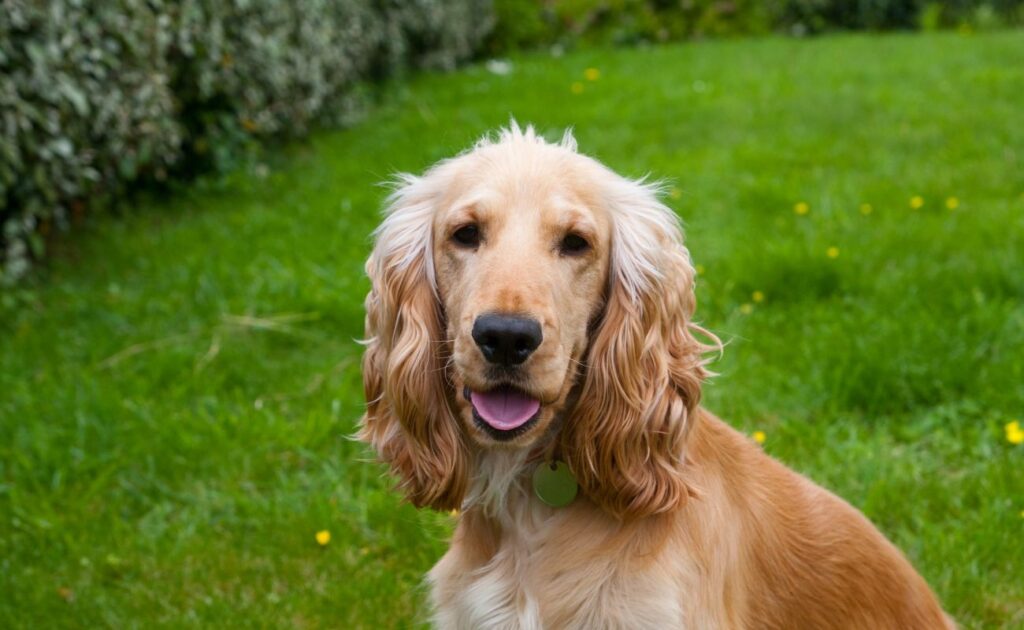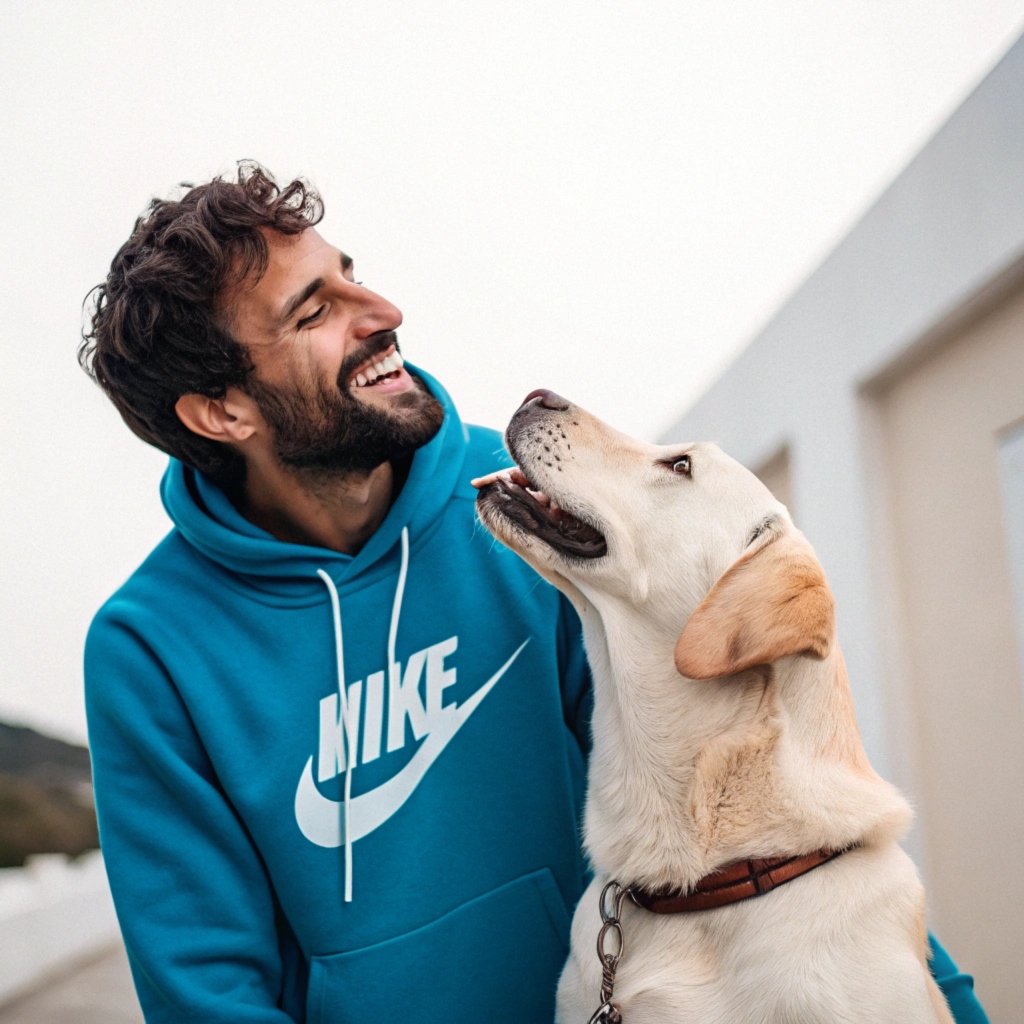10 Cocker Spaniel Training Tips for Happy and Well-Behaved Companions
Ever wonder how to turn your energetic Cocker Spaniel into a well-behaved member of the family? These charming dogs are known for their affectionate nature and boundless enthusiasm, but their lively personalities can sometimes make training a bit of a challenge.
Fear not, with the right approach and a lot of love, you can train your Cocker Spaniel to be a model canine citizen!
1. Embrace Early Training
Starting training as soon as you bring your Cocker Spaniel home is crucial. Puppies are incredibly receptive to learning new behaviors and routines.
Begin with simple commands like sit, stay, come, and down. Consistency is essential; ensure every family member uses the same commands and techniques. Early training sets the foundation for a well-behaved adult dog, making future training smoother.

In my experience, puppies who start training early are less likely to develop behavioral issues later. I’ve worked with countless Cocker Spaniels, and those who received early training were always the quickest learners.
2. Socialization is Key
Cocker Spaniels are naturally sociable, but early socialization is vital to prevent fear and aggression. Expose your pup to various environments, people, and other animals. This exposure helps them grow into confident and well-adjusted adults.
Take them to parks, on walks around the neighborhood, and invite friends over regularly. The more experiences they have, the better they will handle new situations.
When I socialized my first Cocker Spaniel, we attended puppy classes, went to dog-friendly events, and even had playdates with other dogs. The result was a well-mannered dog who was comfortable in any situation.

3. Use Positive Reinforcement
These dogs respond exceptionally well to positive reinforcement. Reward good behavior with treats, praise, and playtime.
Avoid harsh punishments, as they can lead to fear and anxiety. Instead, focus on encouraging and rewarding the behaviors you want to see. Positive reinforcement makes training enjoyable for your Cocker Spaniel and strengthens your bond.
Over the years, I’ve found that Cocker Spaniels thrive on positive interactions. One of my clients had a particularly stubborn Cocker Spaniel, but with consistent positive reinforcement, we saw a remarkable transformation in just a few weeks.
4. Exercise Their Body and Mind
Cocker Spaniels are energetic and require regular exercise to stay healthy and happy. Daily walks, playtime, and mental stimulation are crucial.

These activities not only keep your dog fit but also prevent boredom, which can lead to destructive behaviors. I always recommend puzzle toys and interactive games to keep their minds sharp.
One of my favorite tricks is to hide treats around the house and let your dog use their keen sense of smell to find them. It’s a fun and rewarding way to engage your Cocker Spaniel.
5. Be Patient and Persistent
Training a Cocker Spaniel requires patience and persistence. These dogs can be a bit stubborn, so it’s important to stay calm and consistent.
Keep training sessions short and engaging, and never lose your temper. If you feel frustrated, take a break and try again later.
I’ve had Cocker Spaniels in training who took longer to grasp certain commands, but with consistent effort and a positive attitude, they eventually got there. Remember, every dog learns at their own pace.
6. Crate Training for Safety and Comfort
Crate training provides your Cocker Spaniel with a safe and secure space and can be incredibly useful for house training.

Introduce the crate positively, making it a comfortable den rather than a place of confinement. Use treats and toys to encourage your dog to enter the crate willingly. Gradually increase the time they spend in the crate, ensuring they associate it with positive experiences.
Over the years, I’ve seen how effective crate training can be, especially for Cocker Spaniels who initially resisted. With patience and positive reinforcement, most dogs come to love their crates as their own special space.
7. Address Behavioral Issues Early
Like all dogs, Cocker Spaniels can develop behavioral issues if not addressed early. Common issues include barking, chewing, and jumping.
Tackle these problems as soon as they arise to prevent them from becoming habits. For instance, if your Cocker Spaniel barks excessively, try to determine the cause and address it. Provide plenty of mental and physical stimulation to reduce boredom, which often leads to these behaviors.
I remember a particularly vocal Cocker Spaniel I worked with; by identifying the triggers and providing alternative activities, we significantly reduced the barking.

8. Teach Boundaries and Limits
Setting boundaries and limits is essential for your Cocker Spaniel’s development.
Teach them where they can and cannot go in your home, what furniture they are allowed on, and what behaviors are unacceptable. Use commands like “leave it” or “off” to enforce these rules. Be consistent and reinforce boundaries with positive reinforcement when your dog follows the rules.
I’ve trained numerous Cocker Spaniels, and those who understood their boundaries were always more relaxed and well-behaved. Clear rules make your dog feel more secure and confident.
9. Regular Grooming and Handling
Cocker Spaniels require regular grooming, so it’s important to acclimate your dog to being handled and groomed from a young age.
Make grooming sessions a positive experience by using treats and praise. Brush your dog’s coat regularly to prevent mats and tangles, and get them used to having their nails trimmed and ears cleaned. Grooming not only keeps your dog looking good but also prevents health issues.
I always tell my clients that a well-groomed Cocker Spaniel is a happy Cocker Spaniel. Start grooming early, and it will become a routine they enjoy.

10. Show Lots of Love and Affection
Training a Cocker Spaniel requires not only discipline and structure but also plenty of love and affection. Build a strong bond with your Cocker Spaniel through positive interactions, cuddles, and playtime.
A dog that feels loved and secure is more likely to respond well to training and be eager to please. Spend quality time with your dog every day, ensuring they feel like a valued member of the family. I’ve seen firsthand how a loving relationship can transform a dog’s behavior. Your Cocker Spaniel will thrive on your affection and attention.
Frequently Asked Questions (FAQ)
How do I stop my Cocker Spaniel from pulling on the leash?
Leash training a Cocker Spaniel can be challenging due to their natural curiosity. Use a no-pull harness and practice the “stop and go” method. When your dog pulls, stop walking and wait for them to return to your side before moving again. Reward them for walking calmly by your side.
How can I reduce my Cocker Spaniel’s barking?
Excessive barking can be managed by identifying the cause. Ensure your dog gets enough physical and mental exercise. Use commands like “quiet” and reward your dog when they stop barking. Consistent training and addressing the underlying cause are key.
What are the best toys for Cocker Spaniels?
Cocker Spaniels enjoy toys that challenge their minds and bodies. Puzzle toys, interactive toys like treat-dispensing balls, and durable chew toys are great options. Rotate toys regularly to keep your dog engaged and prevent boredom.

Conclusion
Training a Cocker Spaniel can be a rewarding experience for both you and your dog. By starting early, using positive reinforcement, providing plenty of exercise and mental stimulation, and being patient, you can help your Cocker Spaniel become a happy, well-behaved member of your family.
Remember, every dog is unique, so tailor your training to your dog’s individual needs and personality. With love and dedication, you’ll build a strong bond with your Cocker Spaniel that will last a lifetime.

I’ve spent 10+ years in dog training, digging into what makes dogs (and their humans) tick. At Smart Dog Learning, I share my no-nonsense, fun approach to training so you can enjoy life with a well-behaved, happy pup—no boring lectures, just practical results 😉





